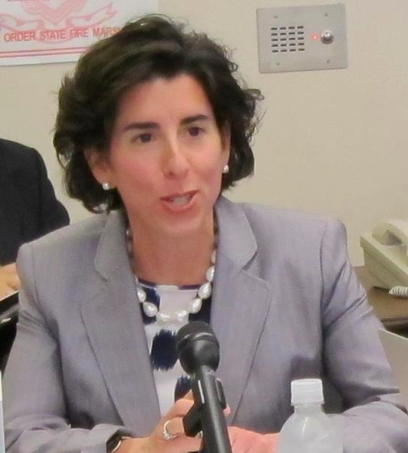At the end of this week, the lawyers representing Rhode Island and its retirees will meet with a Superior Court judge to discuss a major point of contention in the pension lawsuit brought against the state: how many trials should be held?
Lawyers for retirees argue that the lawsuit should be separated into multiple trials.
But the state, citing cost, is arguing for one trial.
More from the Providence Journal:
Lawyers for the Rhode Island Public Employees Retiree Coalition are pleading for a separate jury trial on their bid for reinstatement of their annual “cost-of-living adjustments,” which they see as the potentially more winnable case.
[…]
The state’s lawyers said separating the cases could put the state — and by extension, the state’s taxpayers — at a potential legal, tactical and financial disadvantage.
“If the retiree cases were tried first,’’ they said, “the evidence that would be submitted would include not just… the facts, circumstances and legislative changes pertinent to the retirees, but also all the evidence concerning… the reforms in 2005, 2009, 2010 as well as 2011… the evidence of how, and why, each separate group was addressed in each set of the legislative changes… and the reasonableness and necessity of the changes impacting each group under the totality of the circumstances facing the state.’’
Beyond that, “Governor Raimondo and former Governor Chaffee [sic] would have to testify at multiple trials, given that they were the Treasurer and Governor, respectively, at all times relevant to these cases… This would prevent the Governor from attending to her official duties [if] she had to testify multiple times.’’
In fact, “all the [defendants’] witnesses would have to testify multiple times, including expert witnesses, at great expense to the State Defendants and the public fisc.”
Rhode Island is being sued by over 100 retiree and labor groups for its 2011 pension reforms, which raised the retirement age, suspended COLAs and shifted new workers into a 401(k)-style hybrid plan.
Photo credit: “Flag-map of Rhode Island” by Darwinek – self-made using Image:Flag of Rhode Island.svg and Image:USA Rhode Island location map.svg. Licensed under CC BY-SA 3.0 via Wikimedia Commons


